How MAD magazine, family ghosts and censorship made Art Spiegelman an anti-fascist artist
A new documentary about the ‘Maus’ author reveals his influences, and what keeps him up at night
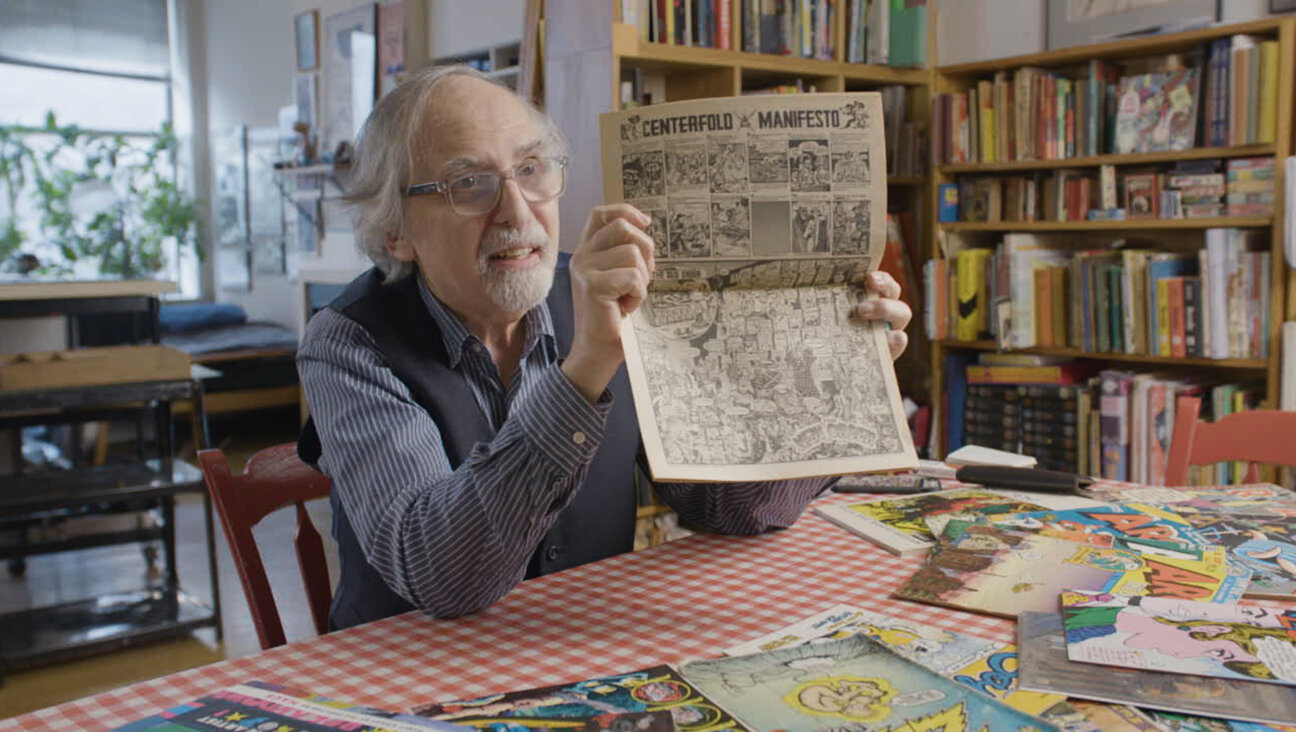
A new documentary about the ‘Maus’ author reveals his influences, and what keeps him up at night
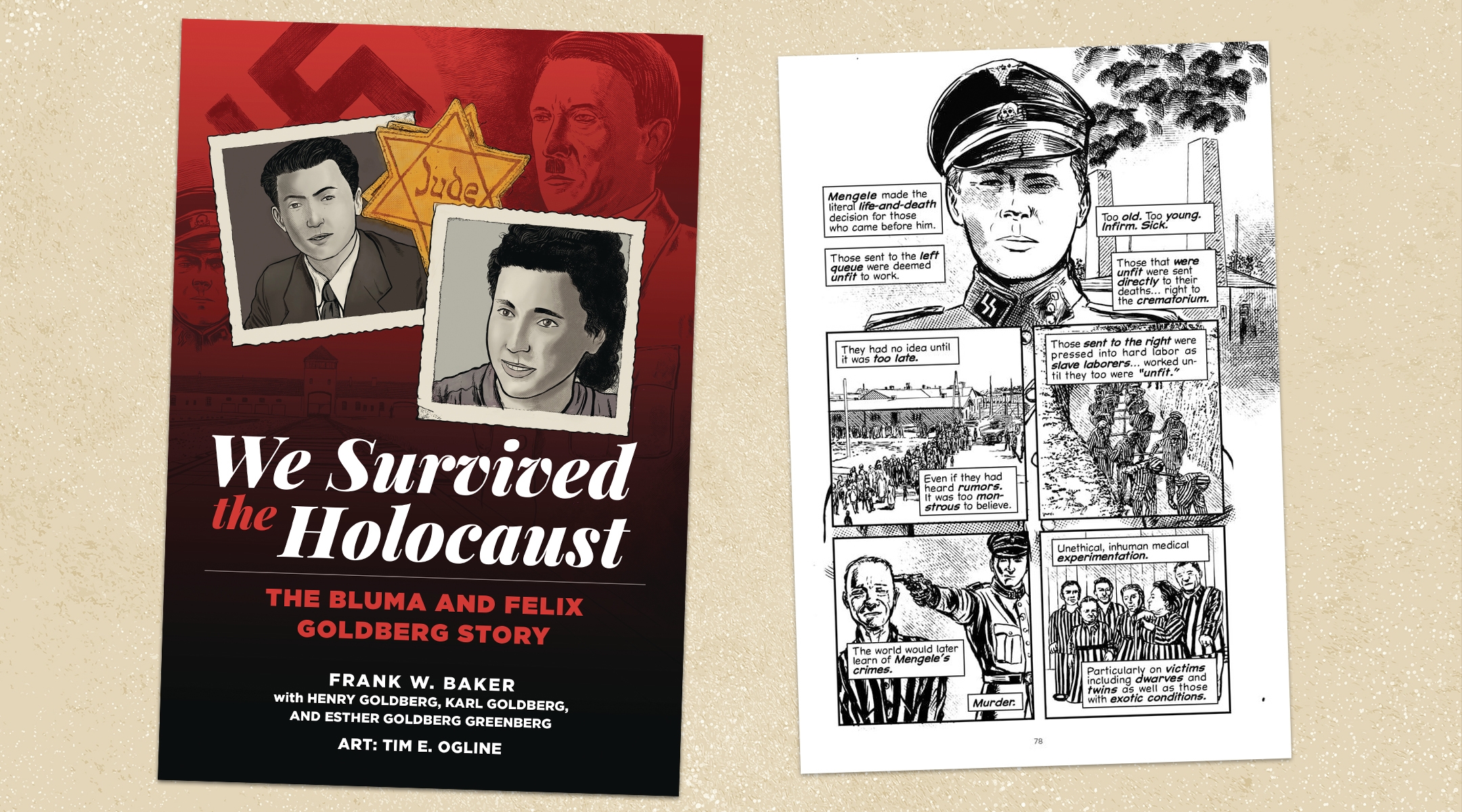
“We Survived the Holocaust” is a biography of local residents intended for young readers
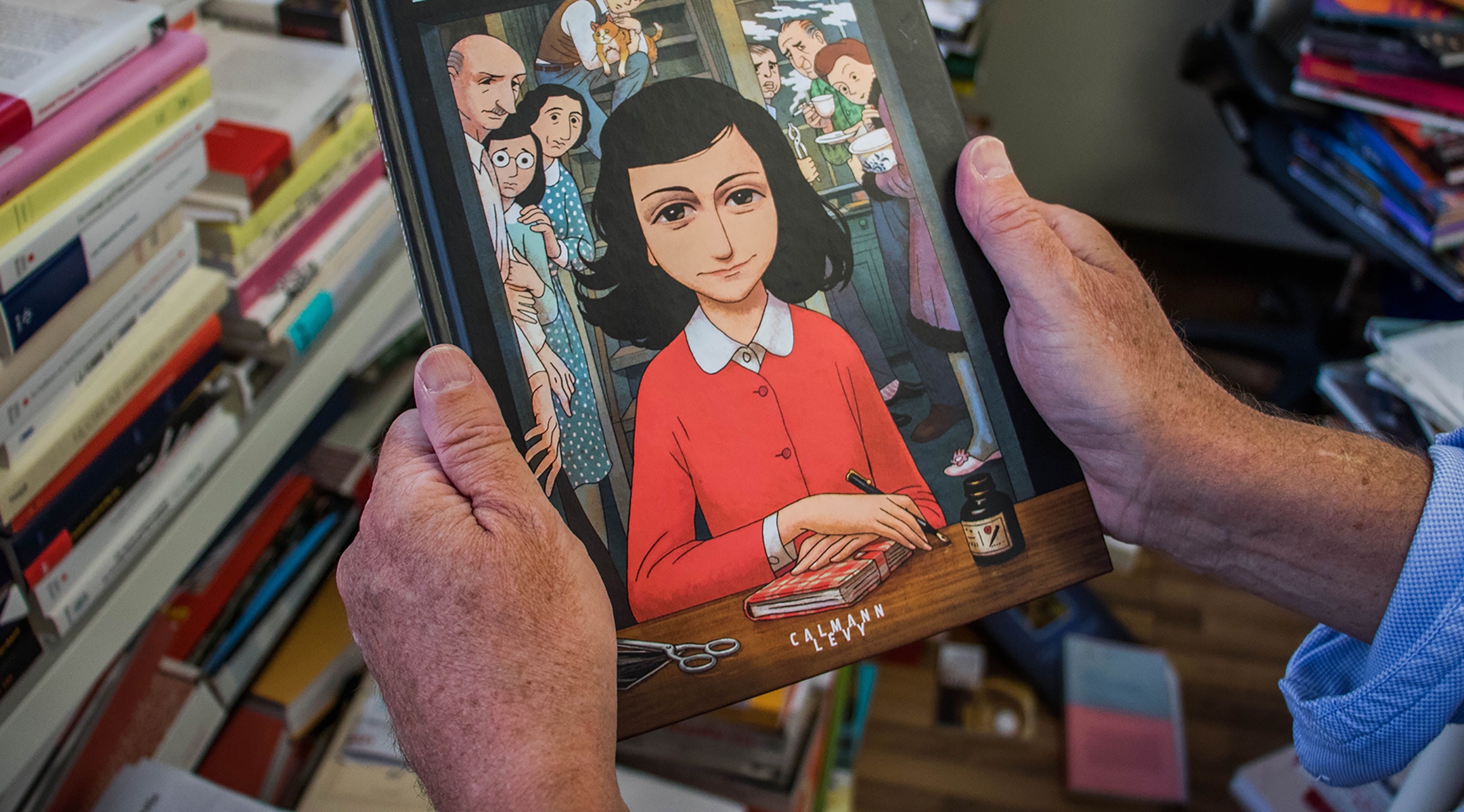
The district in the Rio Grande Valley immediately agreed with activists who said the books were “filthy and evil"

No, the NBA is not taking on banned books

3 Jewish writers are among 10 most-banned authors on PEN America report documenting 33% increase in book bans
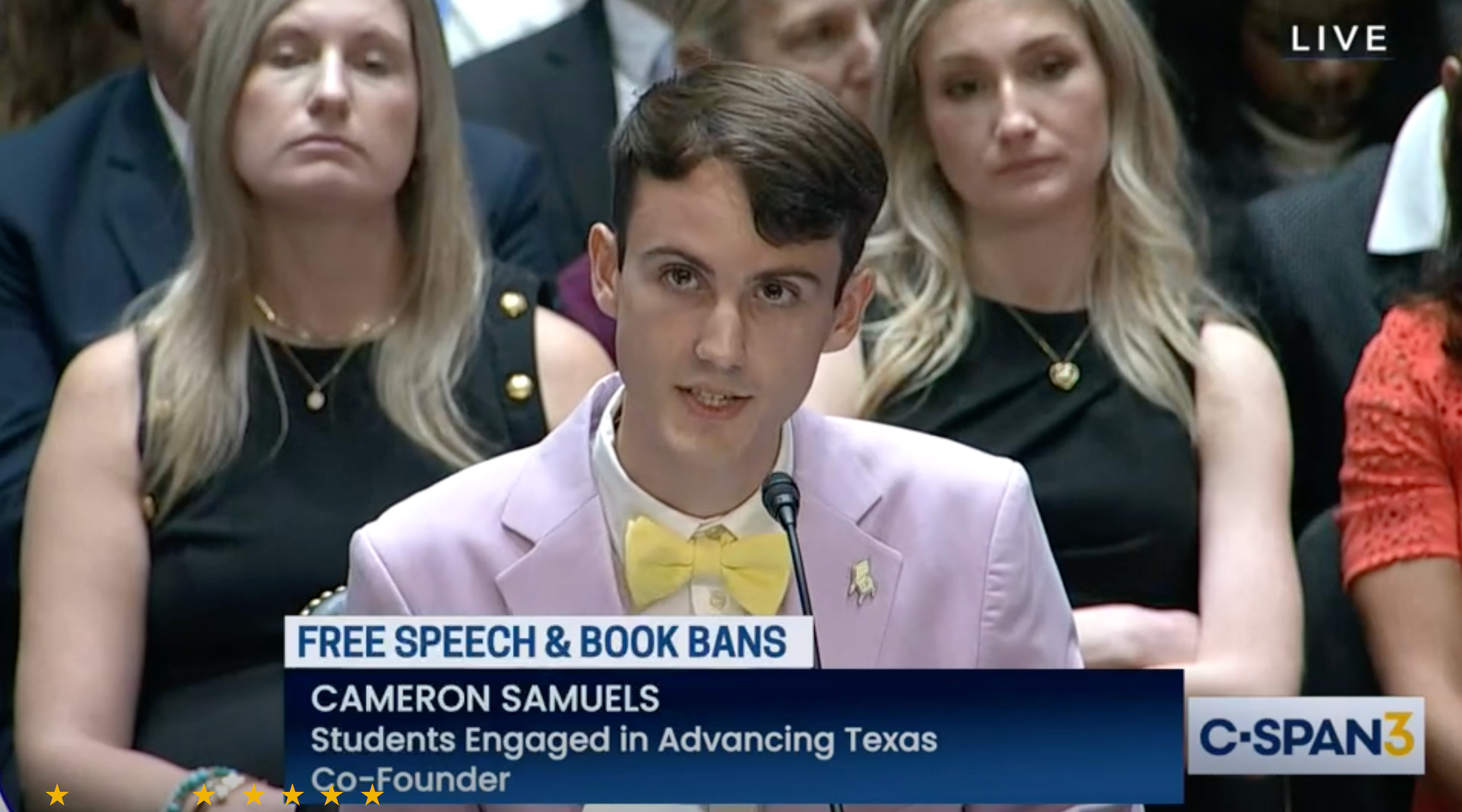
Senators and witnesses debated what level of parental involvement is appropriate in public schools and libraries

The Holocaust memoir gets a reprieve as Urbandale awaits guidance from the state’s Department of Education
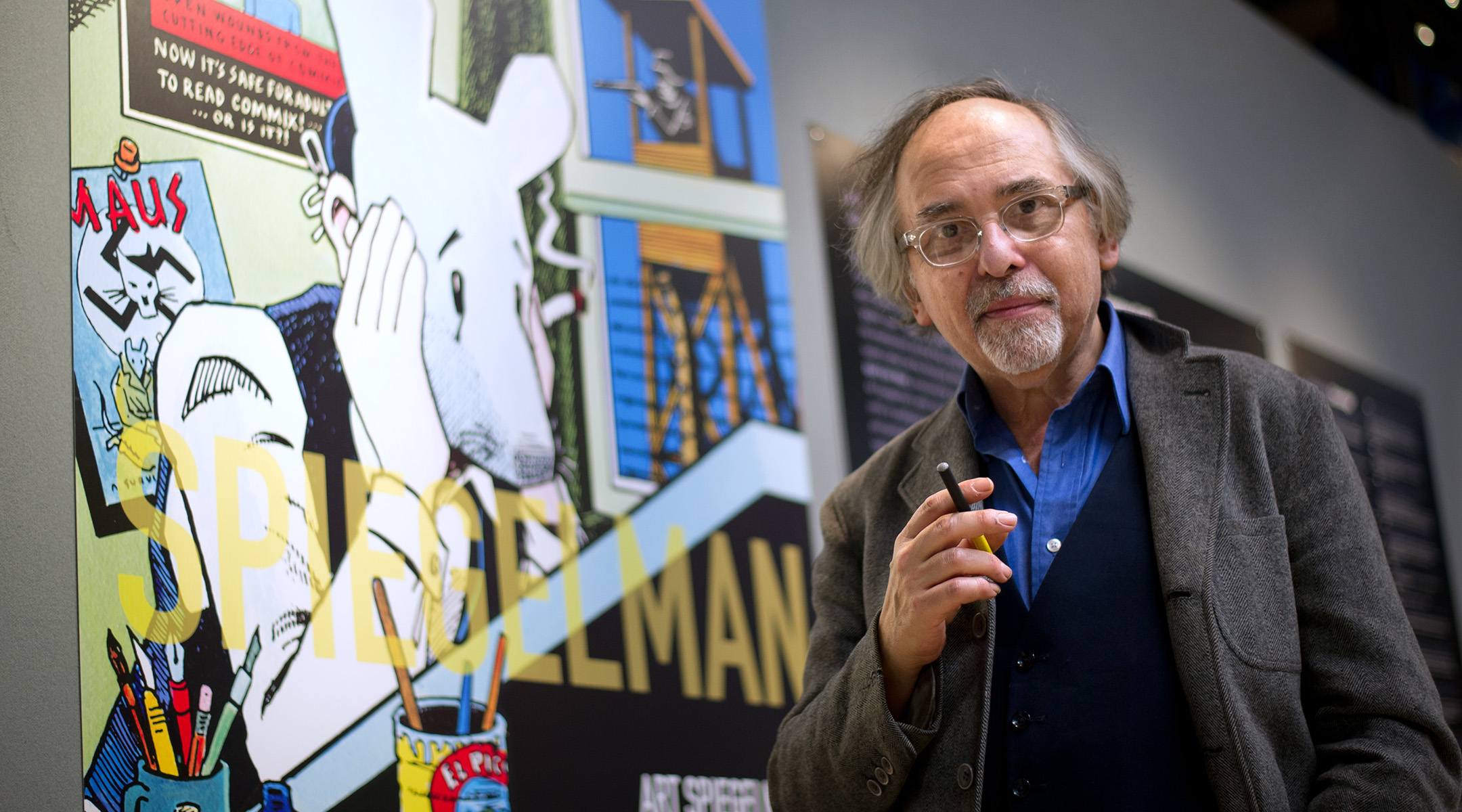
Art Spiegelman, the Holocaust memoir’s author, is advocating against the possible ban and the movement it fits into








100% of profits support our journalism